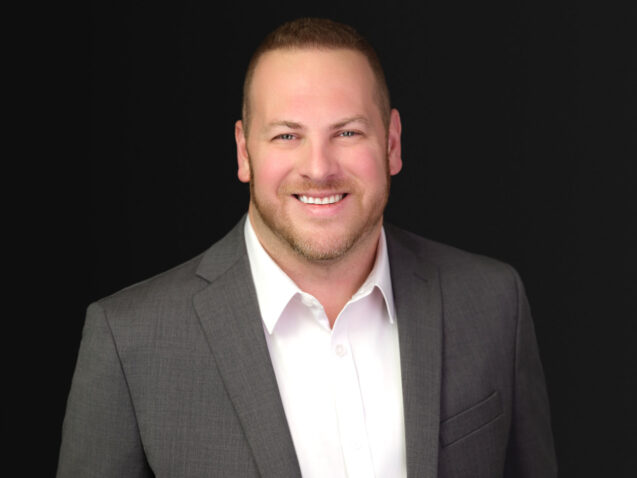Quantum innovation can fundamentally transform encryption methods to not only safeguard against current cyber threats but also build resilience against future, more sophisticated attacks that could compromise traditional encryption methods. Quantum Corridor President and Chief Technology Officer Ryan Lafler, whose company offers coherent optical network technology to help businesses adopt quantum computing, sat down with SmartBrief to discuss cybersecurity through the lens of quantum innovation. Lafler offers insights such as ways to minimize a network’s vulnerable points and the promise of autonomous and real-time detection and predicts quantum technology’s role in the future of cybersecurity.
SmartBrief: How can quantum innovation revolutionize encryption methods to safeguard against increasingly sophisticated cyber threats?

Lafler: The nature of the technology transmits and receives in a fashion where, if the states are intercepted, polarity flips and the data essentially becomes undecipherable. The technology itself safeguards against points of intrusion on a network and makes it such that the states of vulnerability only become the endpoints where quantum key distribution (QKD) is generated. When this level of protection is transmitted on a network that is Trade Agreements Act (TAA)-compliant, it quickly becomes apparent how this technology and the networks it will utilize can stave off breaches.
SmartBrief: What strategic advantages do you see quantum innovation providing, particularly in addressing emerging threats and vulnerabilities?
Lafler: In addition to the advantages of QKD and post-quantum cryptography (PQC), quantum will power regenerative AI functions that can self-heal and ward off attacks by way of intelligent automation. Take a distributed denial of service attack, for example: What AI can do in a self-healing network is intelligently identify by region where attacks are coming from and route traffic to uninhibited places. What AI will do is adjust in real time, giving us the capability to fend off real-world attacks as they arise.
SmartBrief: In what ways does the application of quantum principles offer enhanced resilience against attacks on critical digital infrastructure compared to classical cybersecurity approaches?
Lafler: Quantum principles create transmissions of qubits meant for one recipient and one recipient only. By manipulating quantum states and flipping polarity at quantum repeaters along a secure network, classical cybersecurity breaches seen today will be nonexistent. A breach, as we know it, would physically disrupt the quantum transmission at the molecular level, rendering it illegible.
SmartBrief: What key challenges do you anticipate in integrating quantum technology innovations into existing frameworks?
Lafler: The biggest challenges are where we’ve created our own roadblocks. In other words, the system is only capable of doing so much. ChatGPT is a great party trick, but we need to change the ways our systems take data inputs in a way that AI can interact with these systems and have intelligent change. The way this is accomplished is through updated coding. We must move from human interfaces to machine interfaces that are intelligent, and coding needs to be changed on firewalls, intelligence switching and the like.
SmartBrief: What does the future hold? What gets you most excited about the possibilities quantum innovation will bring to cybersecurity efforts?
Lafler: Quantum innovation will offer networks the ability to react to attacks and threats immediately, rather than waiting for issues to be tagged and having to wait on skilled labor to react to those issues. If you have a distributed denial of service attack at night, you might have to wait for a Tier 3 technician to come in to solve the issue. With AI capabilities, the network will be able to identify, reroute and self-heal before those technicians even arrive the next morning.
Ryan Lafler is president and chief technology officer at Quantum Corridor, where he is responsible for day-to-day pathway and asset management and the design, implementation and management of Quantum Corridor’s network. He has more than 20 years of success constructing data and voice networks at scale as co-founder of Coeo Solutions and FIT Telco. Originally from Arizona, Ryan now lives in the west suburbs of Chicago.
Read more from SmartBrief:
